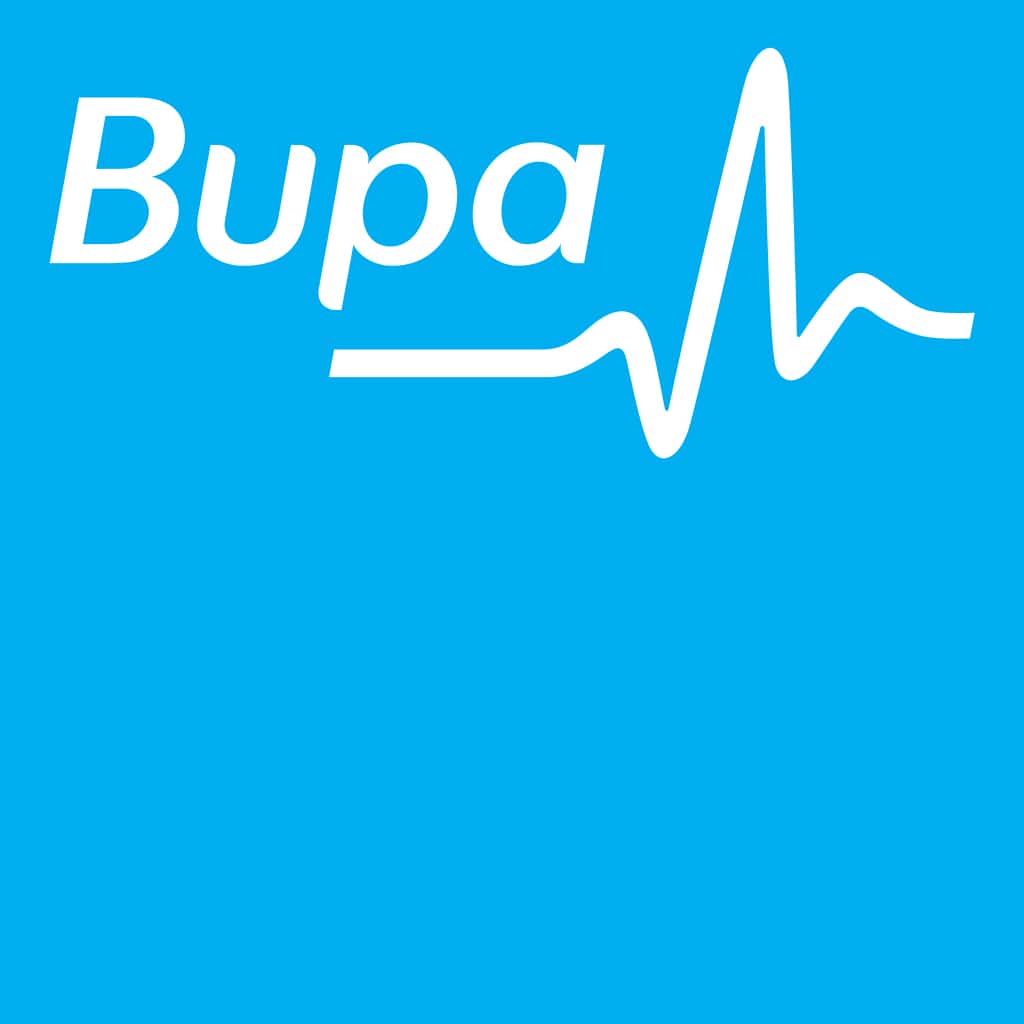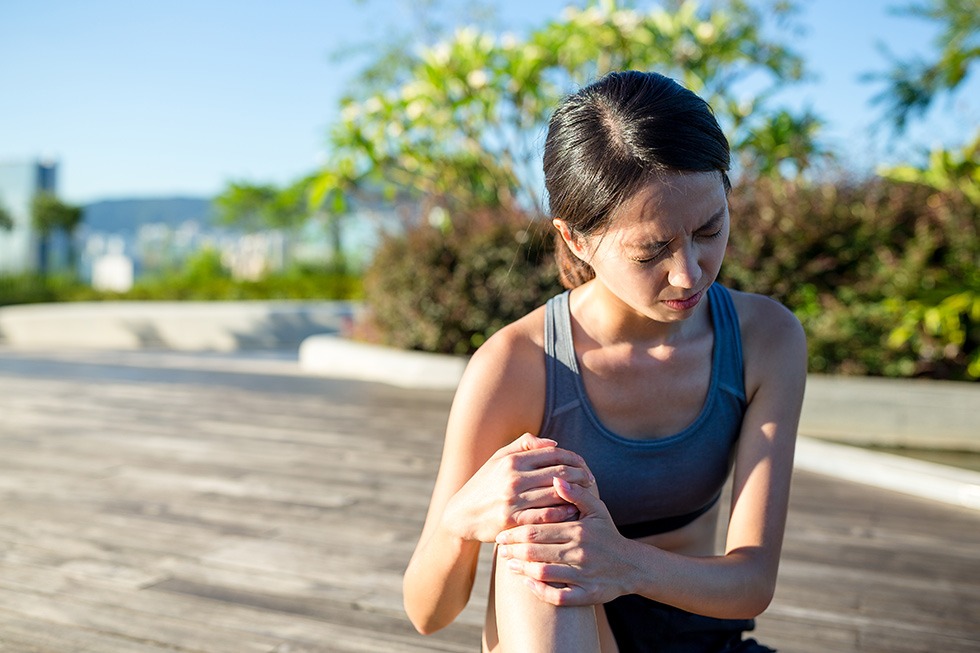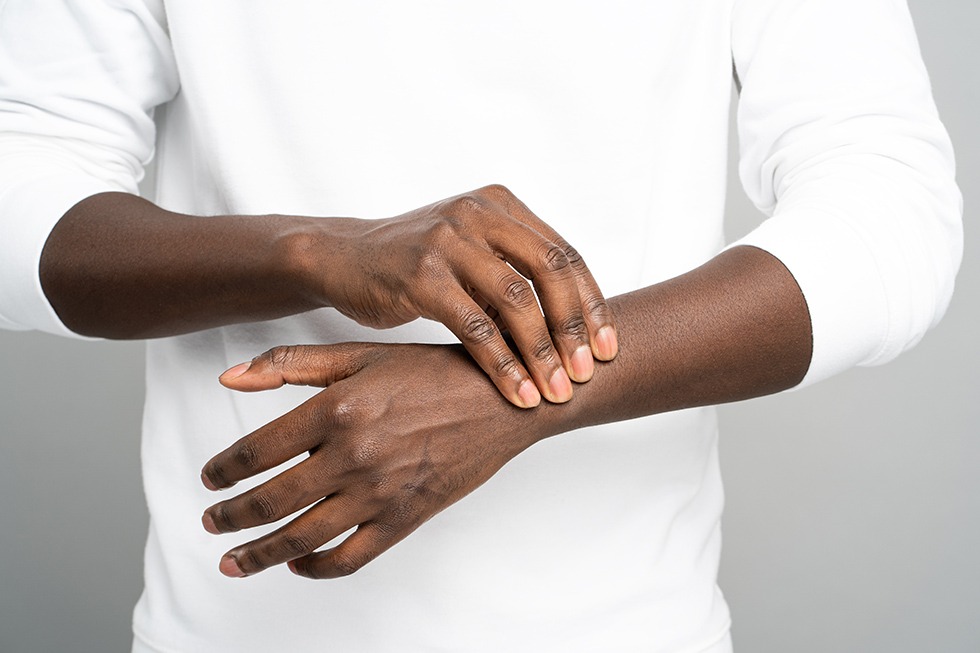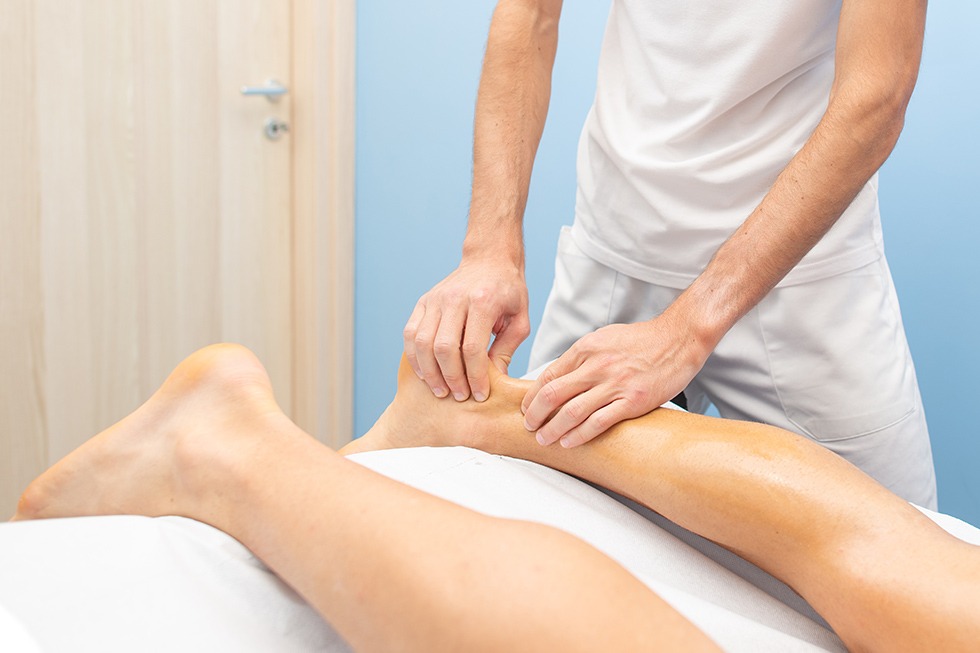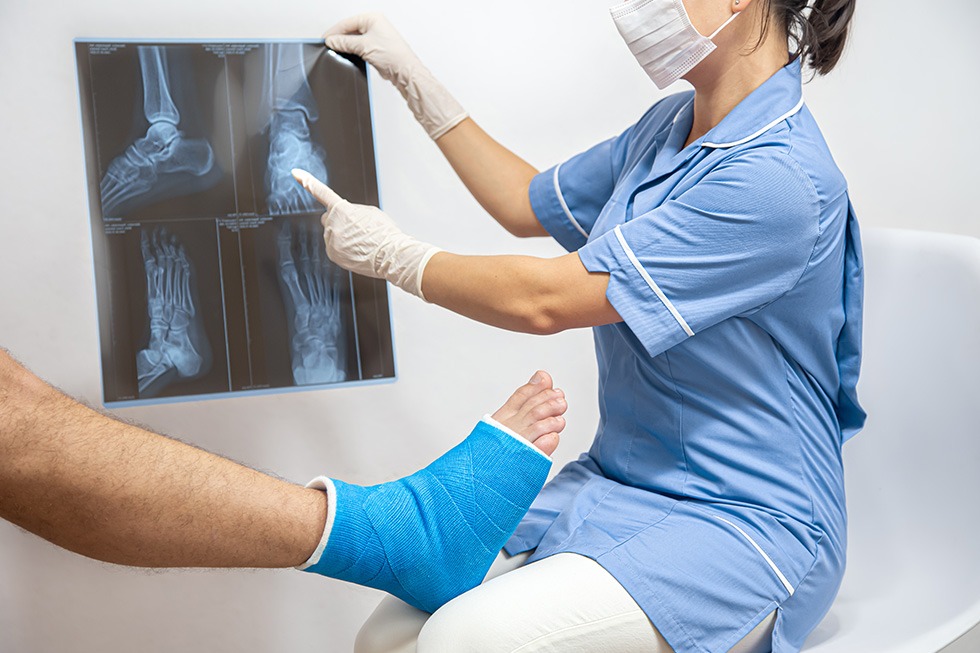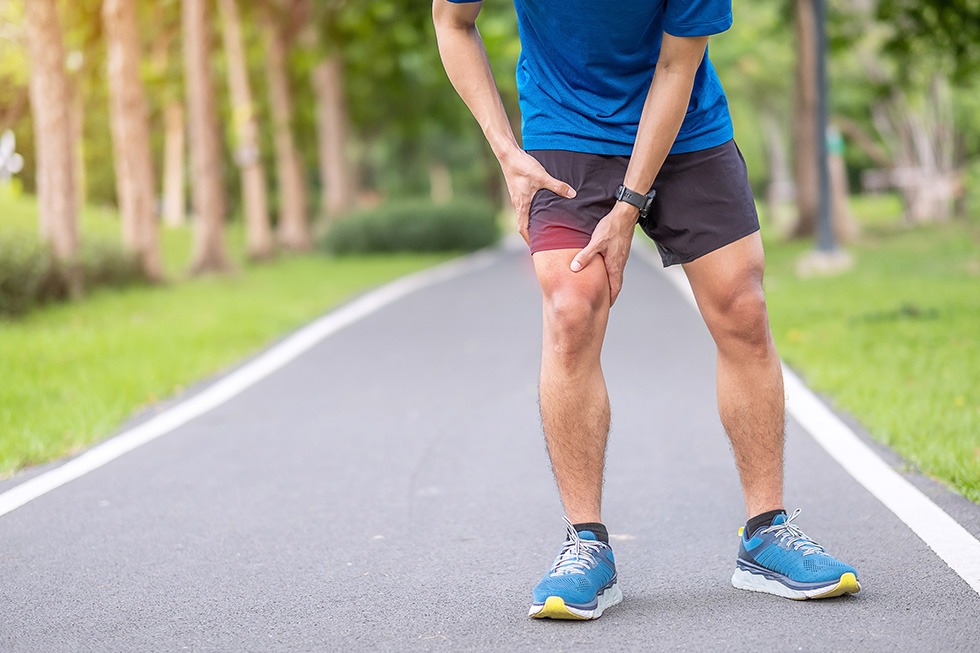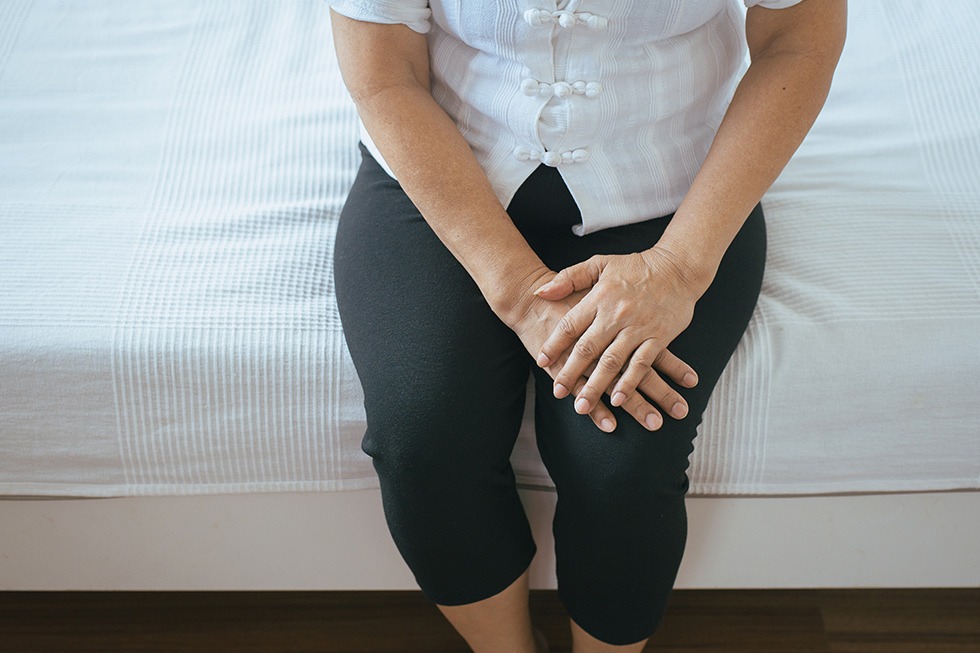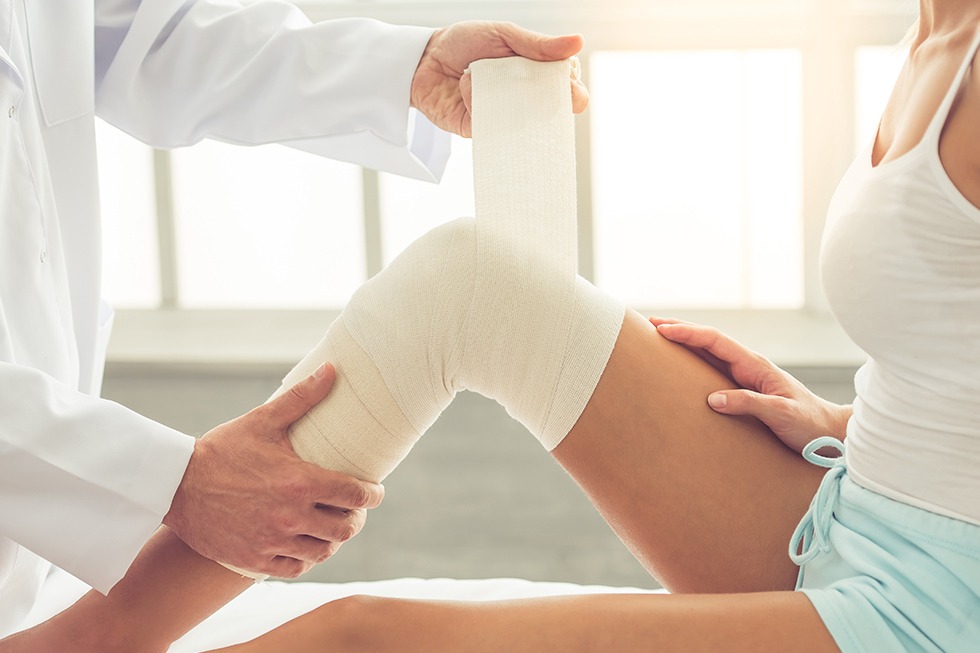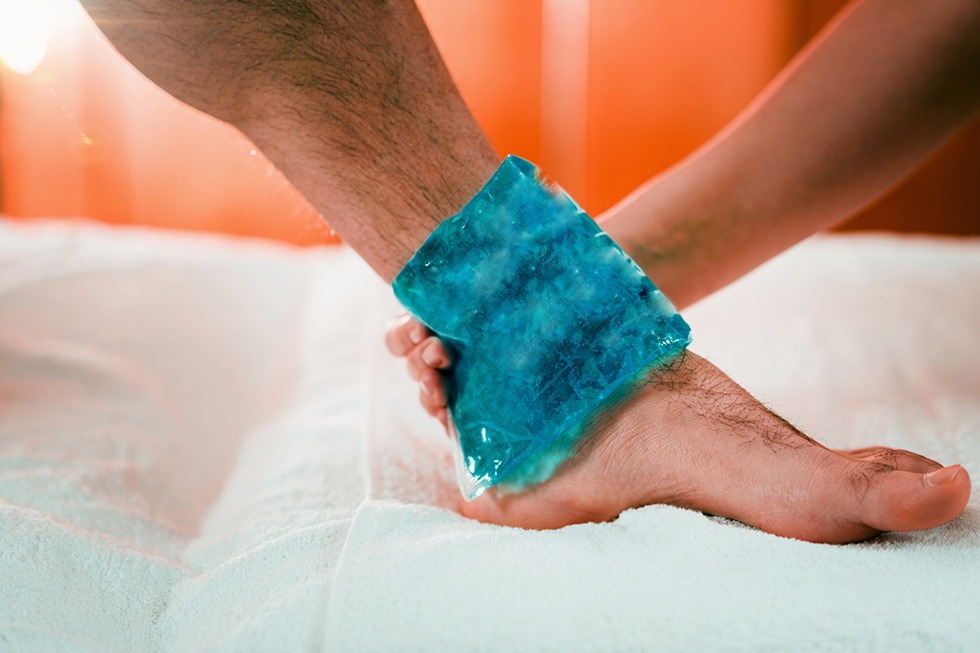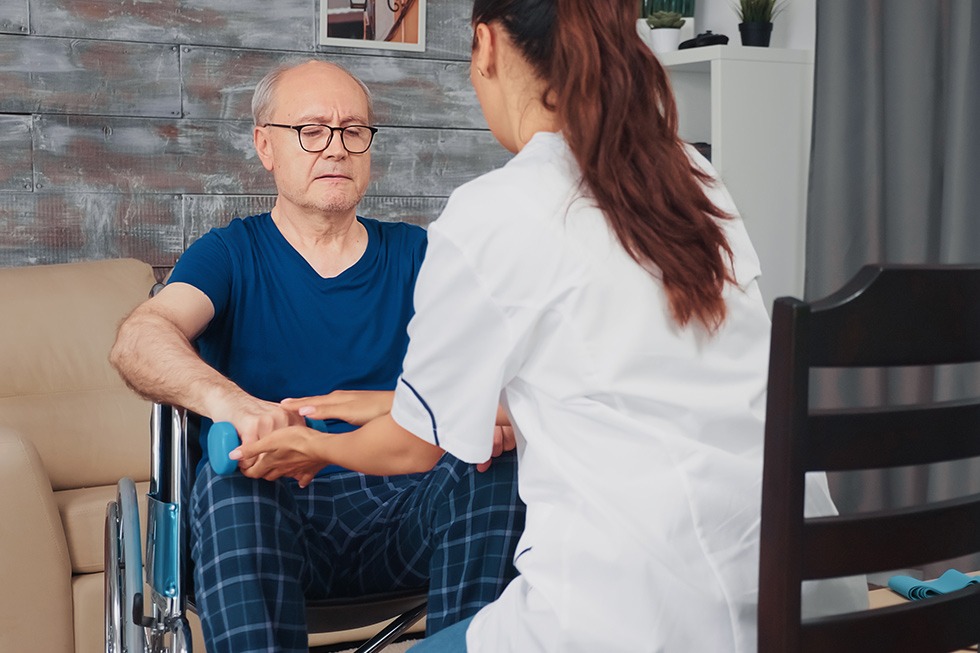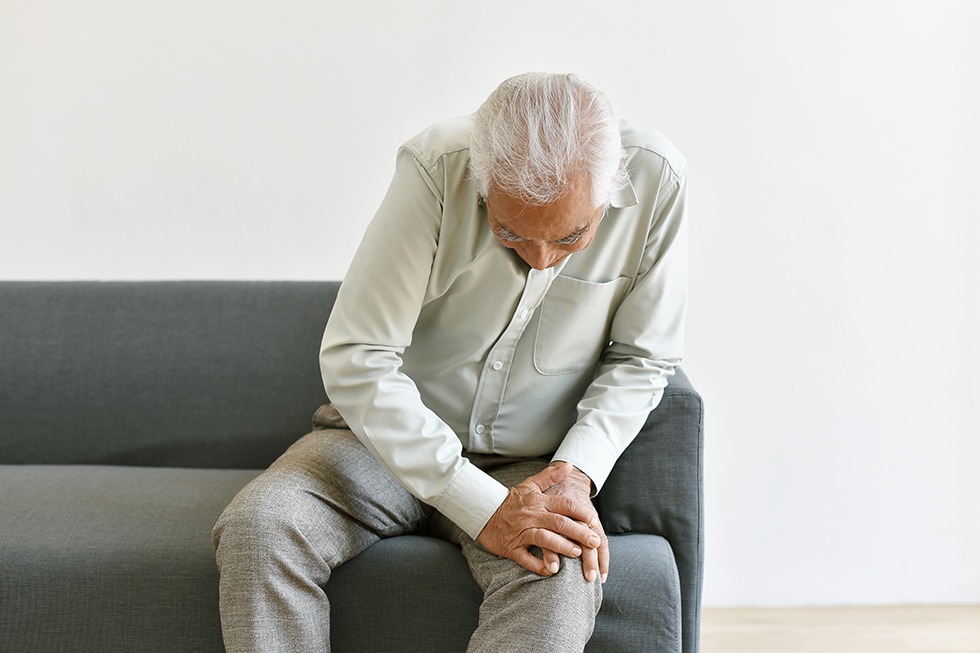Knee Ligament Injuries
However, these ligaments are not invulnerable. Any forced movement of a joint beyond its normal range of motion can damage or even tear a ligament, and repeated or acute stress can damage them. These are ligament injuries, also known as sprains.
About Knee Ligament Injuries
Severity of sprains
There are three grades of ligament injuries/strains, which usually depends on the severity of stress the ligaments were exposed to. Your doctor can diagnose the severity of a sprain or ligament injury.
- Grade 1 (mild) sprains – these occur when ligaments stretch, but do not tear. They can be characterised by mild pain and limited swelling. However, left untreated they can make the ligament more vulnerable to severe injury at a later date.
- Grade 2 (moderate) sprains – these are suffered when the ligament partially tears. The injury is painful, and both bruising and swelling are to be expected. The joint may not be able to bear your weight.
- Grade 3 (severe) sprains – this is where the ligament actually tears completely, or very nearly so. Swelling is severe, and subcutaneous bleeding is common. Paradoxically, there may be little or no pain when a grade 3 sprain s suffered, as the nerve fibres which communicate pain may have been severed with the ligament. The joint will not bear any weight.
Healing times for ligament injuries
Grade 1 sprains typically heal in a matter for weeks. New collagen fibres replace damaged ones, and are usually at full strength in 6 weeks. Physiotherapy will often shorten the healing process, and can help reduce pain.
Grade 2 sprains usually require a brace or supportive tape. The patient can usually return to normal activity after 6 weeks or so, when the pain should also have gone. Physiotherapy might include massage, electrical modalities, and strengthening exercises.
Grade 3 sprains are very extensive. A hinged knee brace is usually required, and no weight or stress should be put on the joint as the ligament begins to regrow. Even with extensive physiotherapy, the patient is unlikely to regain full ability for 3 months or more.
Other Physiotherapy Services
To book online click on the link below or call us on 01494 727859 (Amersham), 01753 362262 (Gerrards Cross/Chalfont St Peter) or 01494 416100 (Beaconsfield). If you need more information again, call us or use the contact form below
We’re registered with all the major healthcare providers.
